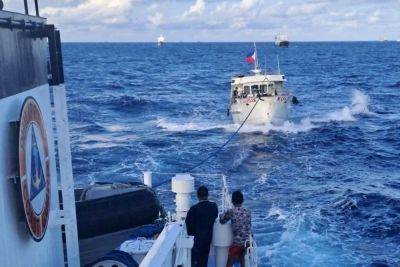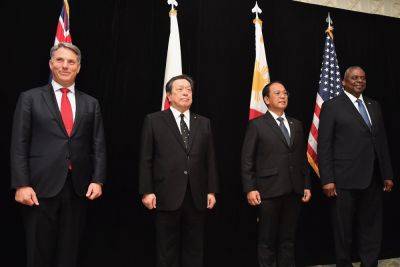Philippines’ Marcos Jnr has been rebranding himself as a human rights supporter. Is it working?
Philippine President Ferdinand Marcos Jnr’s efforts at rehabilitating his family image and rebranding himself as more pro-human rights than his predecessor look to be paying off, after Time magazine included him in its list of 100 Most Influential People of 2024.
The magazine’s write-up said Marcos Jnr had “elevated the Philippines on the world stage” through a number of measures, including a more technocratic administration, steadying the economy and strengthening its alliance with the United States to counter China’s aggression in the South China Sea.
Cleve Arguelles, a political scientist and head of polling firm WR Numero, told This Week in Asia that Marcos Jnr’s inclusion was hardly surprising, noting the Philippine president’s positive reception from the international community since his election in 2022.
Arguelles said the recent trilateral summit between Marcos Jnr, US President Joe Biden and Japanese Prime Minister Fumio Kishida – which focused on strengthening their defensive capabilities in the Indo-Pacific region amid Manila’s maritime disputes with China – had placed the Philippine president in the international spotlight.
“He’s seen as a very pivotal player on this issue about China, and that occupies a lot of mental space among world leaders,” Arguelles said.
Countries such as the US were encouraged to boost Marcos Jnr’s image on the international stage out of geopolitical convenience, he added.
“No one else in Southeast Asia is so pro-US now [than the Philippines]. That speaks to the US’ insecurity in the area because they badly need a reliable ally in this part of the world because of China,” he said.
Marcos Jnr’s US-friendly stance is in stark contrast to former president Rodrigo Duterte, who realigned the







